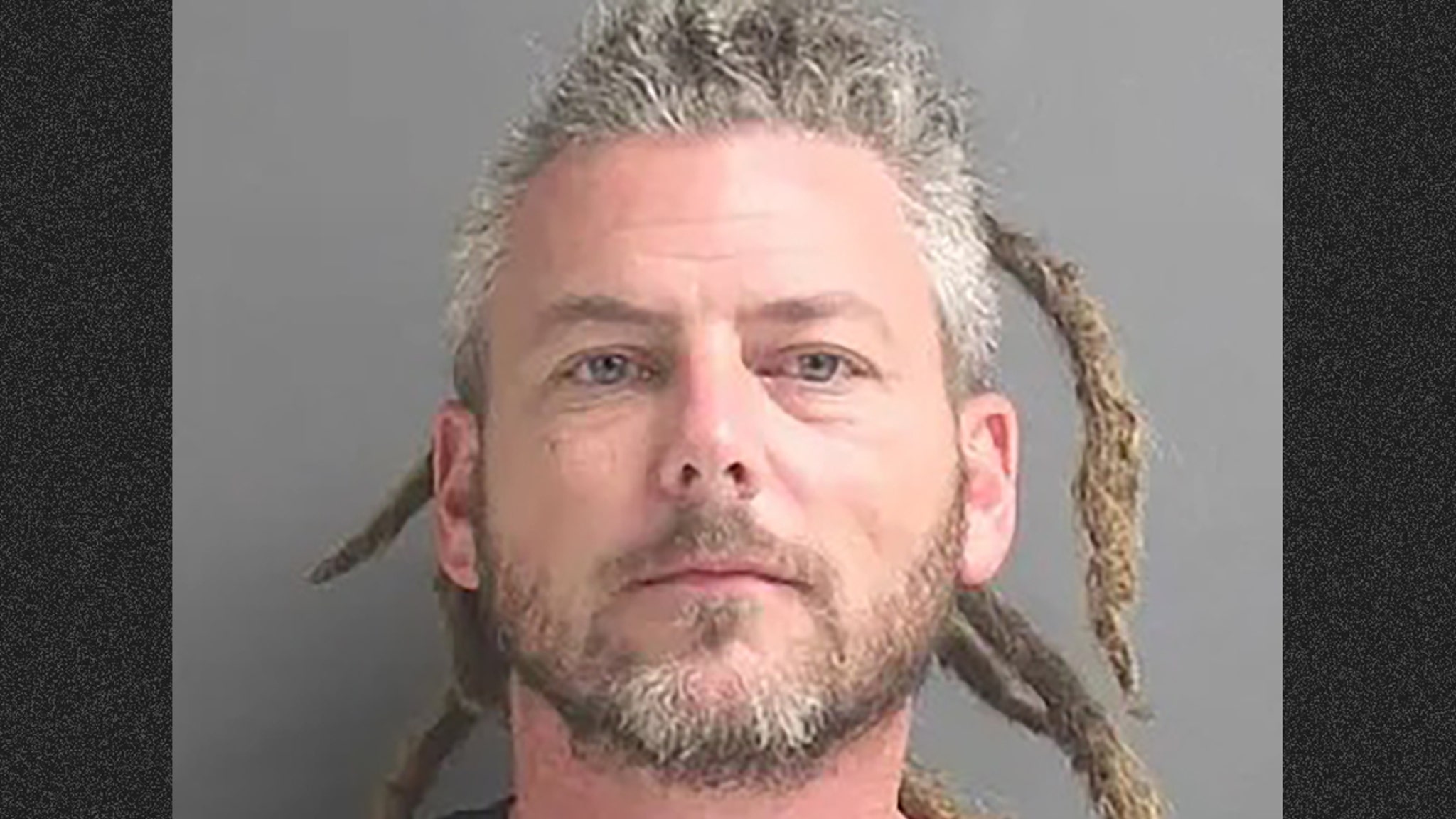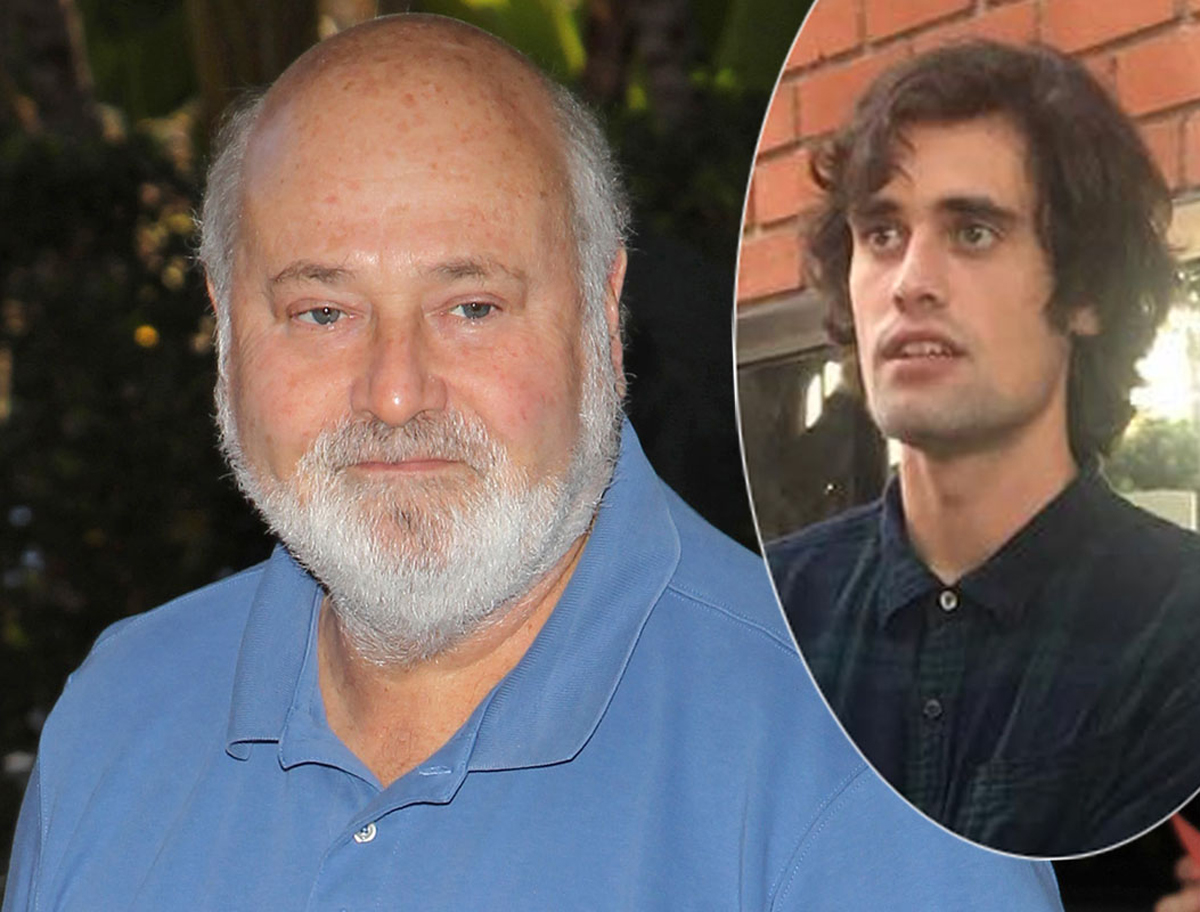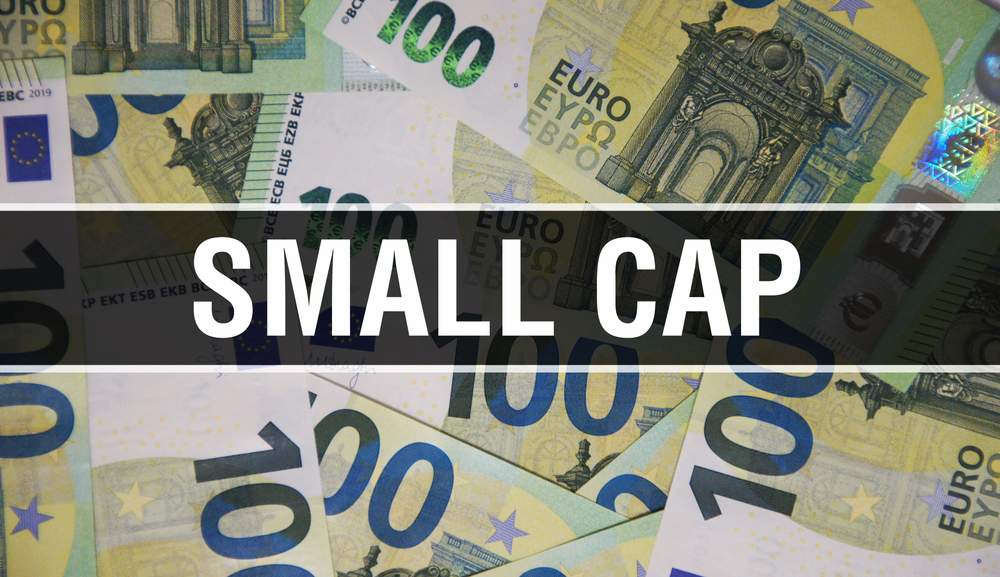Michael Lewis wasn’t planning to write a book about cryptocurrency. He stumbled into the subject in the fall of 2021, when a friend who was planning to do business with FTX — one of the world’s largest cryptocurrency exchanges — asked Lewis, as a favor, to check out its young founder, Sam Bankman-Fried.
A couple of weeks later, Lewis met with Bankman-Fried for the first time. The pair took a hike in the hills near Lewis’s home in Berkeley, Calif., and Lewis was enthralled by the eccentric young man with untamed hair who was worth tens of billions of dollars and was sought after by powerful investors and politicians.
“After a couple of hours, I said, I don’t know what’s going to happen to you, but I just want to watch,” Lewis recalled.
Lewis didn’t realize it at the time, but he had secured a front-row seat to a sprawling scandal with huge financial, political and legal implications.
FTX has imploded in a spectacular fashion: Federal prosecutors have brought an array of charges against Bankman-Fried, accusing him of money laundering, bribery and orchestrating a fraudulent scheme to misappropriate billions of dollars of customer money. (He has pleaded not guilty.) When Bankman-Fried was arrested in the Bahamas last December, Lewis was there, and had been shadowing him for roughly a year.
Lewis has written about financial debacles before, in books exploring the subprime mortgages that blew up the U.S. economy (“The Big Short”); the risky world of high frequency trading (“Flash Boys”); and how the 2008 financial crisis ricocheted around the world and destabilized the economies of places like Iceland, Ireland, Greece and Germany (“Boomerang”).
But the story of how Bankman-Fried rose to become one of the world’s youngest billionaires, then saw his empire crumble, presented new challenges for Lewis. “It’s the first time I’ve had a protagonist who the reader won’t trust, or who they will come to the story with lots of baggage about,” he said.
In a recent interview from the Bahamas, where he was reporting, Lewis spoke about his upcoming book on Bankman-Fried, “Going Infinite: The Rise and Fall of a New Tycoon,” which Norton will release on October 3. Below is an edited and condensed version of the conversation.
So what are you doing in the Bahamas?
It’s a mopping up operation for the end of the book. There are three or four people who are very relevant to this story who said, six months ago, come back in six months and we can have a free and frank conversation. Since they arrested Sam, I’ve been back three or four times, and it gets better and better because everyone gets looser and looser.
You were following him closely before his legal troubles started. When did you first get the sense that his business was in trouble and possibly fraudulent?
I would rather not answer that question. I want the reader to experience surprise when reading it. My own experience will be part of the surprise. In October, there’s probably going to be a trial, and the two sides are each going to take a bunch of facts and tell completely different stories. I think I can tell a story that’s a better story than either side, that includes all the facts and will put the reader in a position of being the juror.
When he was arrested, did you worry that it might blow up your book, or make it better?
I hate to say this. It’s horrible. It does not reflect well on me as a human being, but my first thought was, ‘Oh my God’ — it was like a lock clicking into place — ‘now I have the story.’ It didn’t occur to me for a moment that it would blow up the book. I did think, just how messy is this going to get, as the writer, because I’d been so involved. Nobody watched this the way I did, so, was I going to be dragged into this in some way? But I’ve been allowed to do my job, and it’s been one of the most exciting creative experiences I’ve ever had.
You’ve continued to visit Bankman-Fried. How has his legal situation affected your access to him, and do you feel he’s more guarded in his conversations with you?
He’s the ideal subject. He’s locked up in his house an hour from my house with an ankle monitor. He can’t go anywhere. It’s unbelievably convenient, as long as they keep him there. So, as long as he welcomes me into the house, it’s fine. I’ve been seeing him roughly every two weeks.
How did it affect the nature of your conversations with him, after he was charged with fraud, did it change your feelings about what he’s telling you and how truthful he is being?
I’m not going to say any more than this, but I’m going to say that the conversations now are no different than they were before. They were rich and interesting before and they’re rich and interesting now. The nature of the conversation hasn’t changed. They’re longer actually. Instead of talking to him for 45 minutes because that’s all he had, I’m now talking to him for four hours.
Has it complicated your reporting that this is such a public scandal? Are there lawyers trying to get your notes, are there business rivals of his trying to figure out what you know?
I’d rather not talk about that. Don’t cause me trouble, I’m trying to finish the book.
















